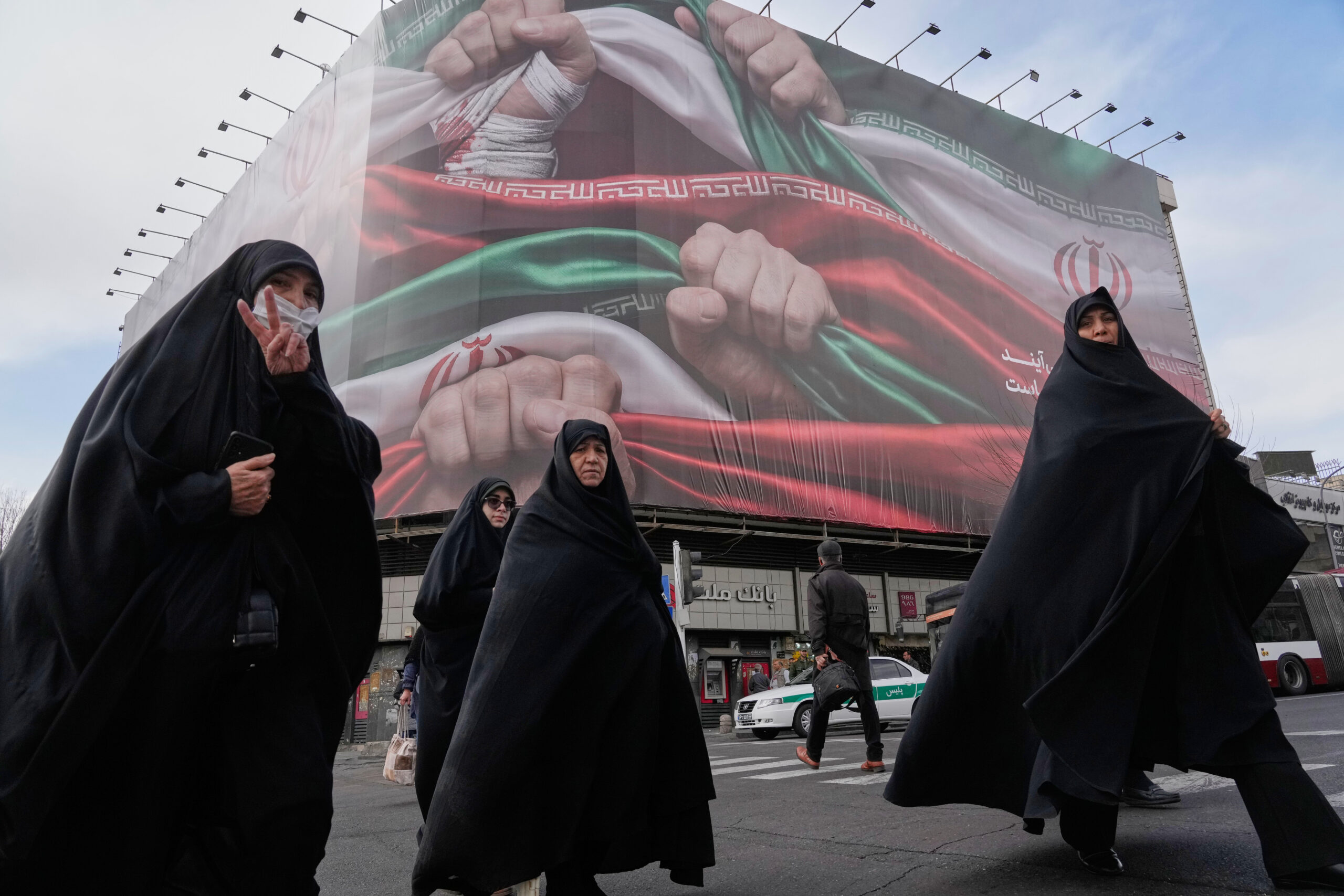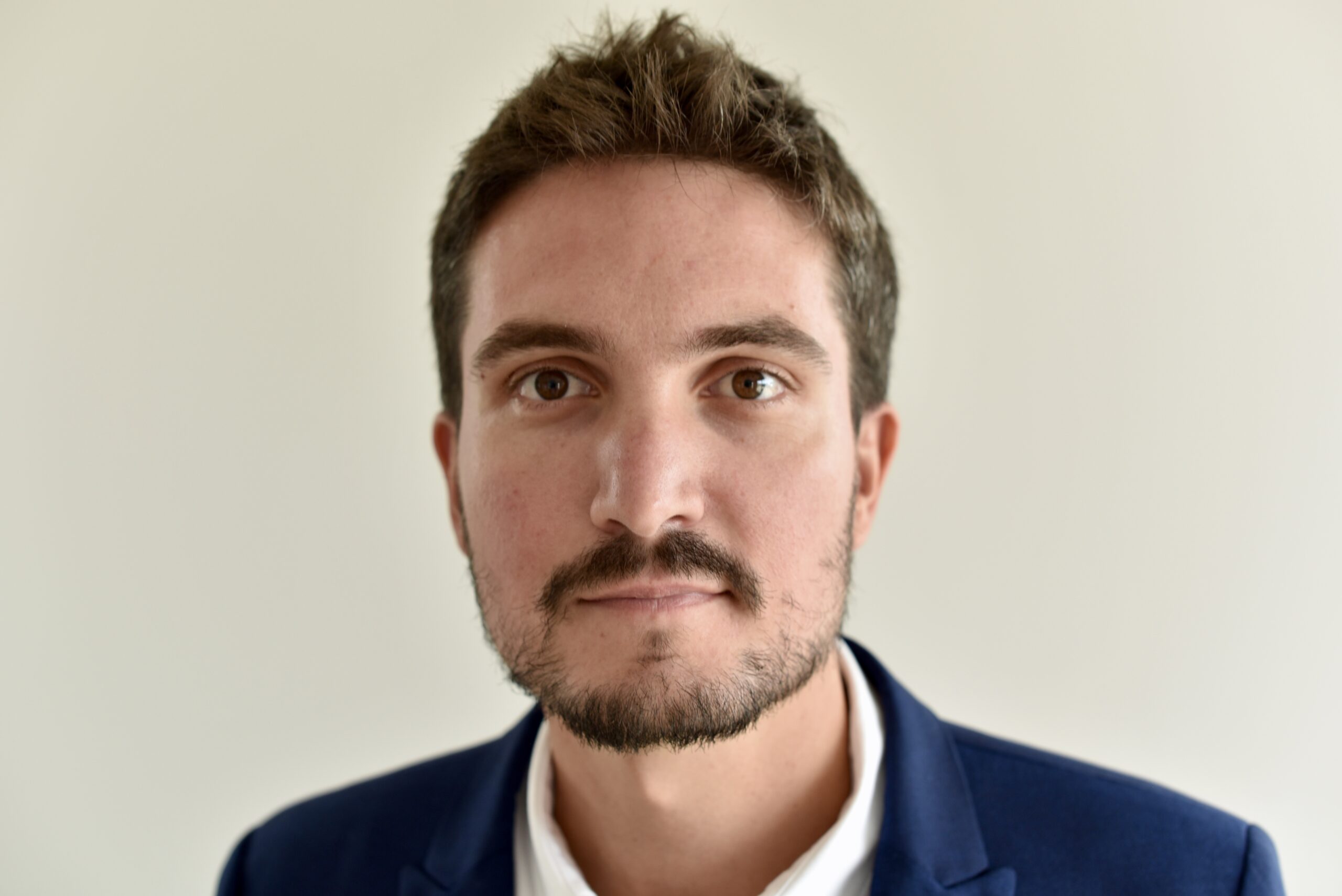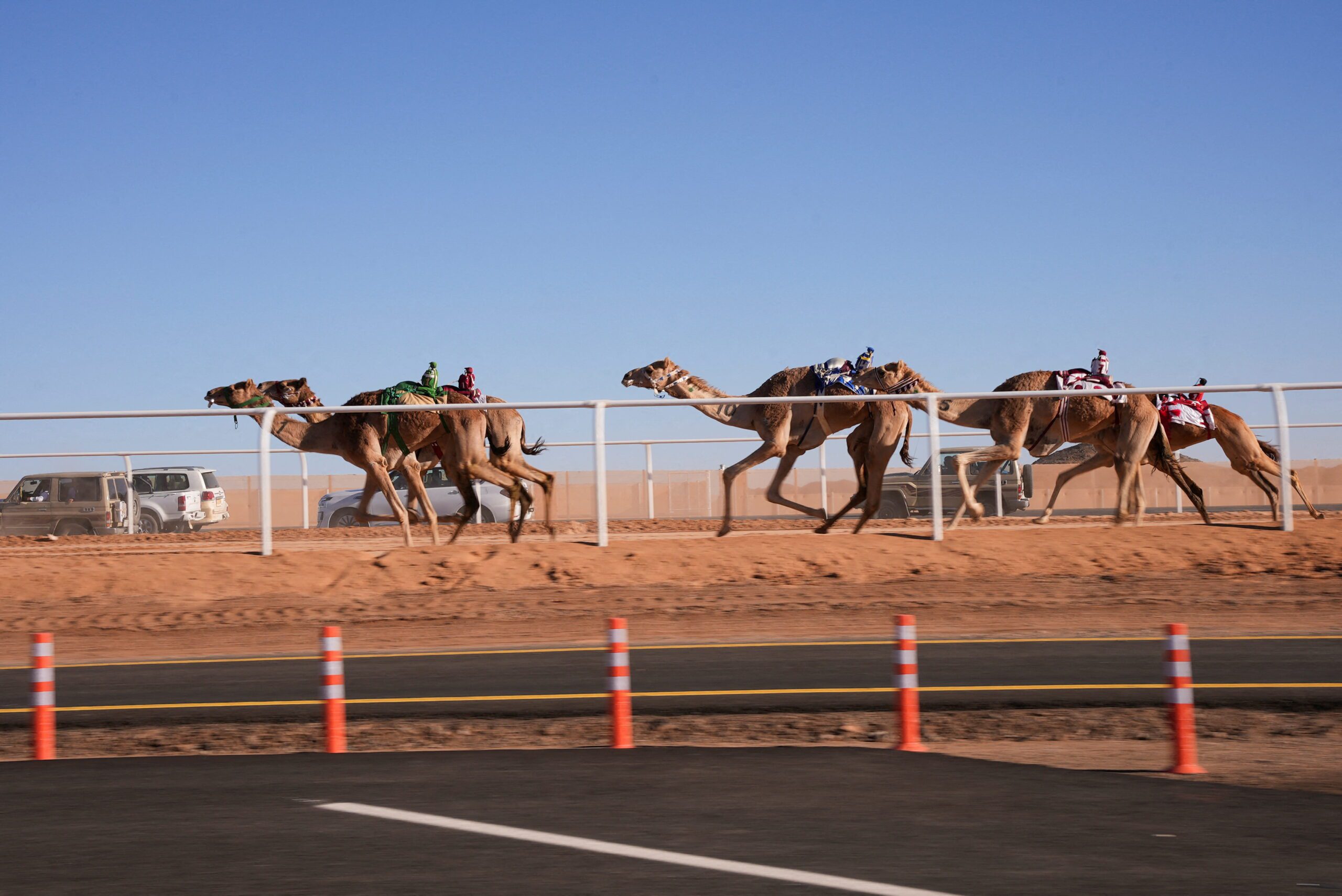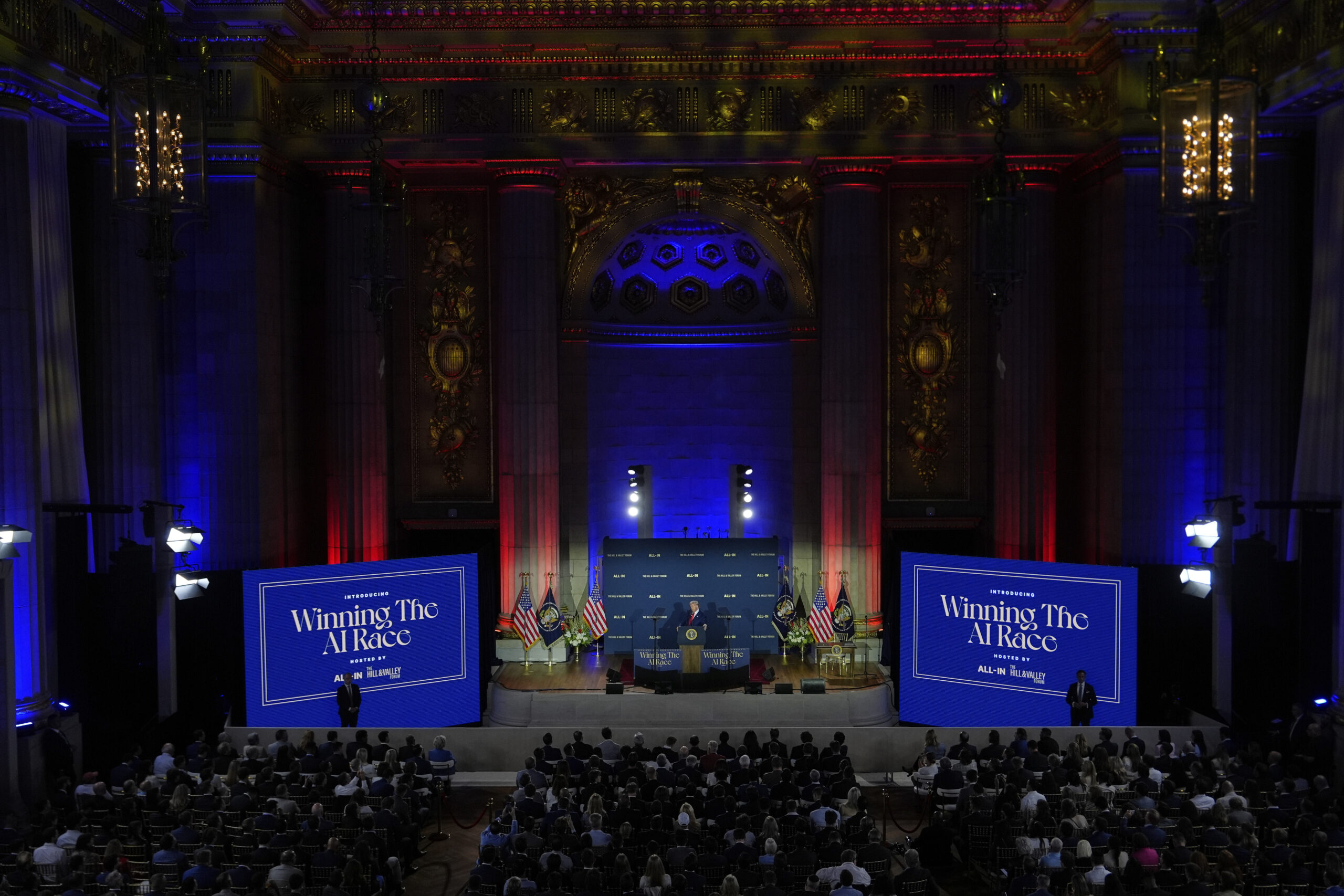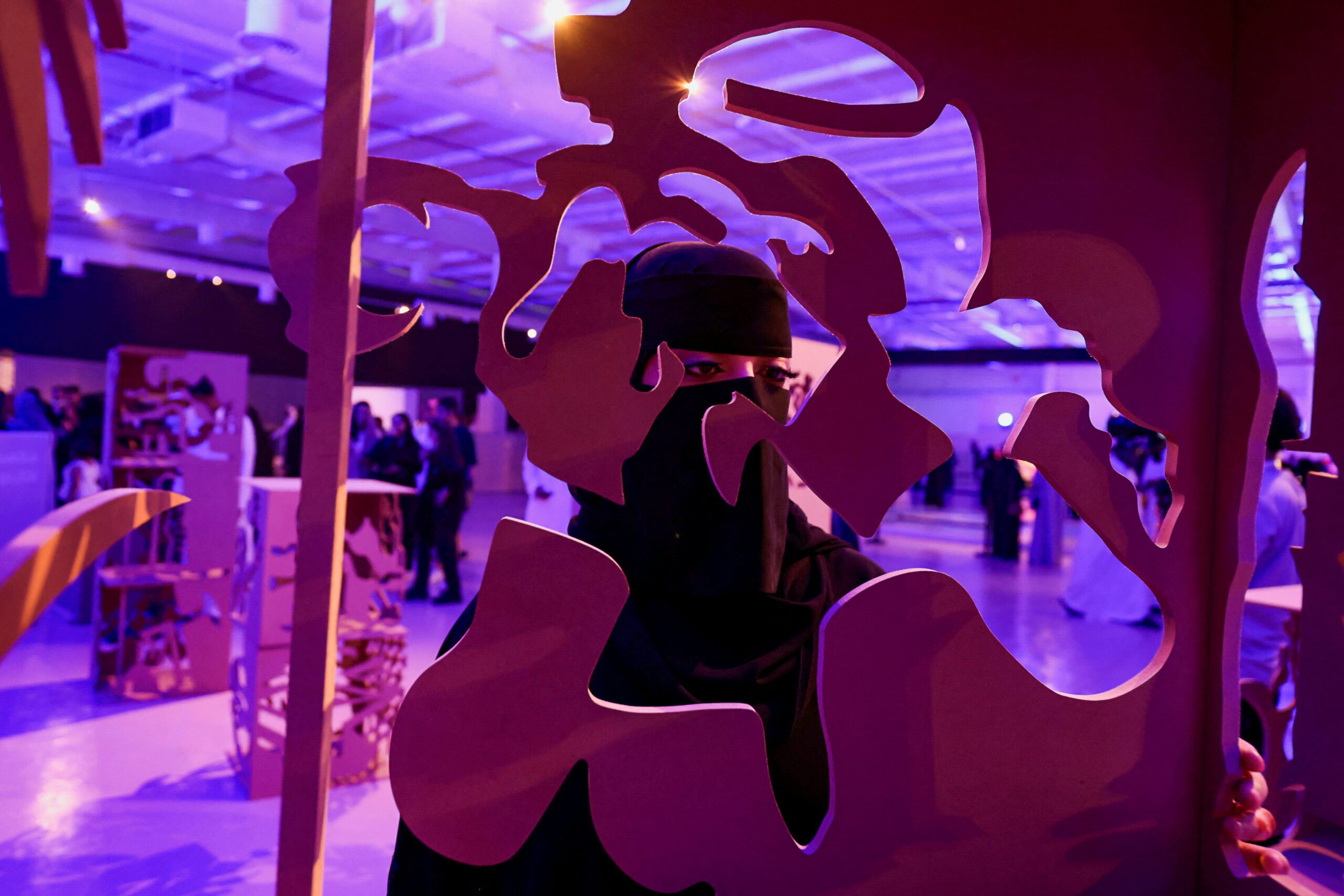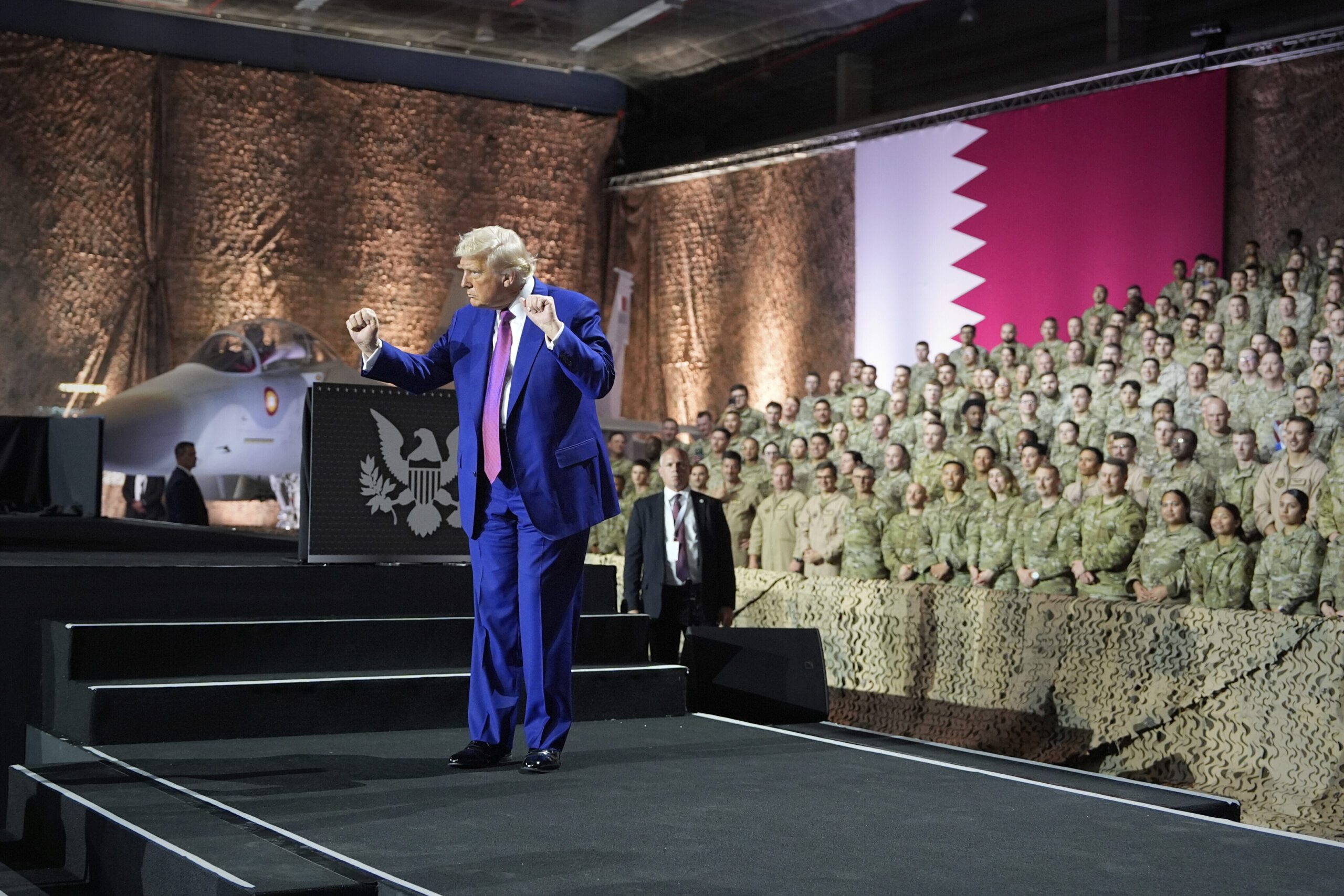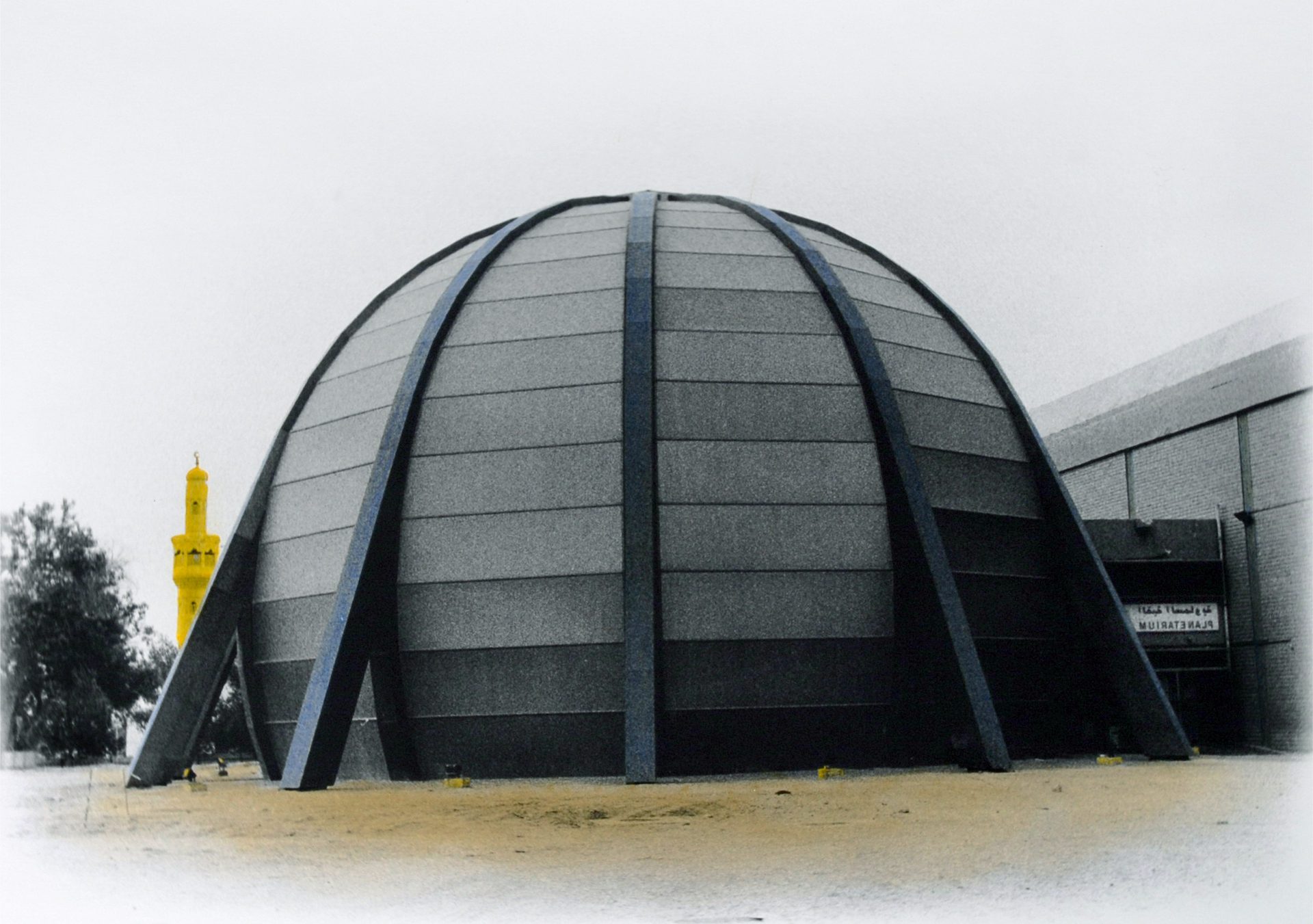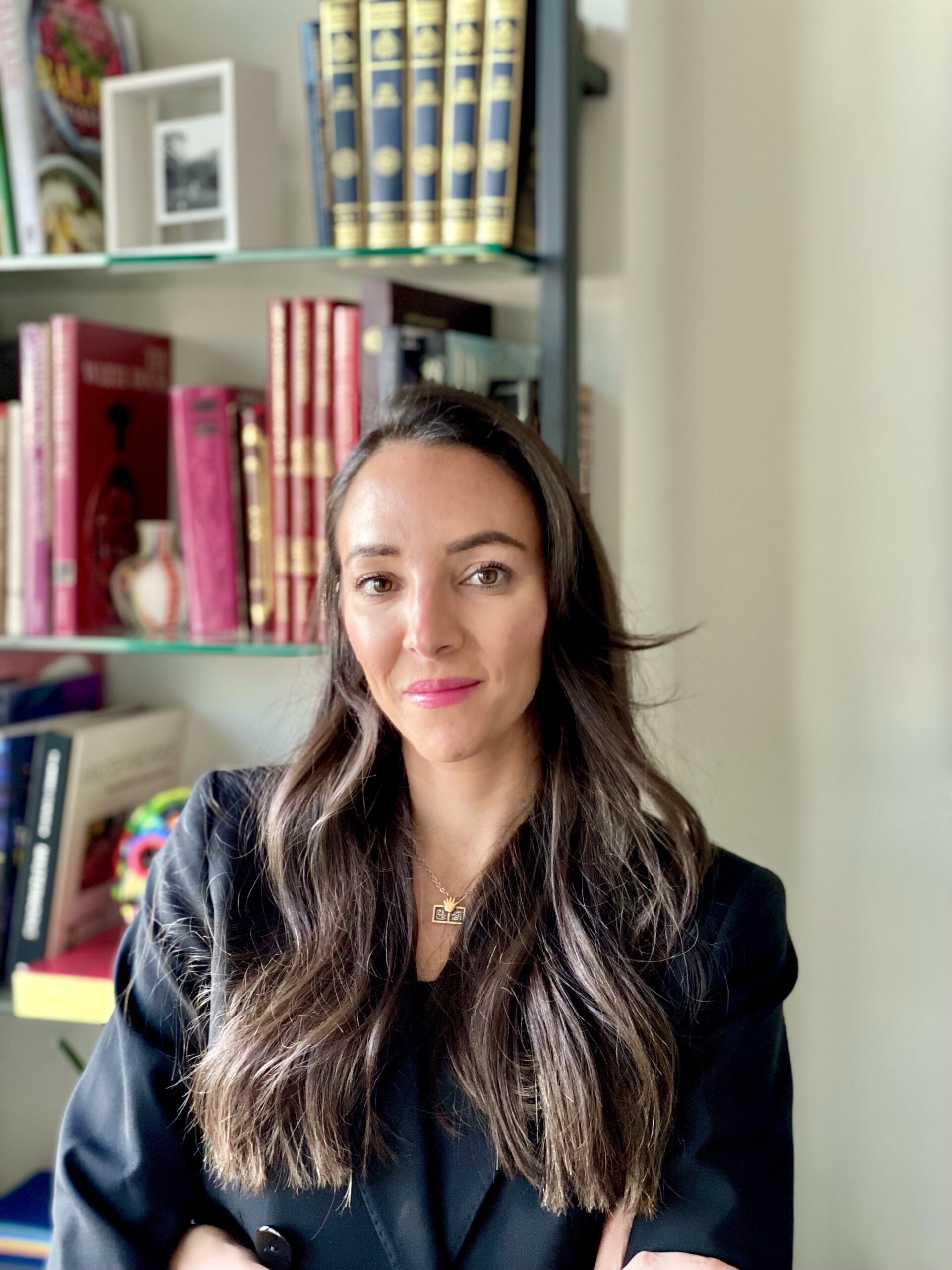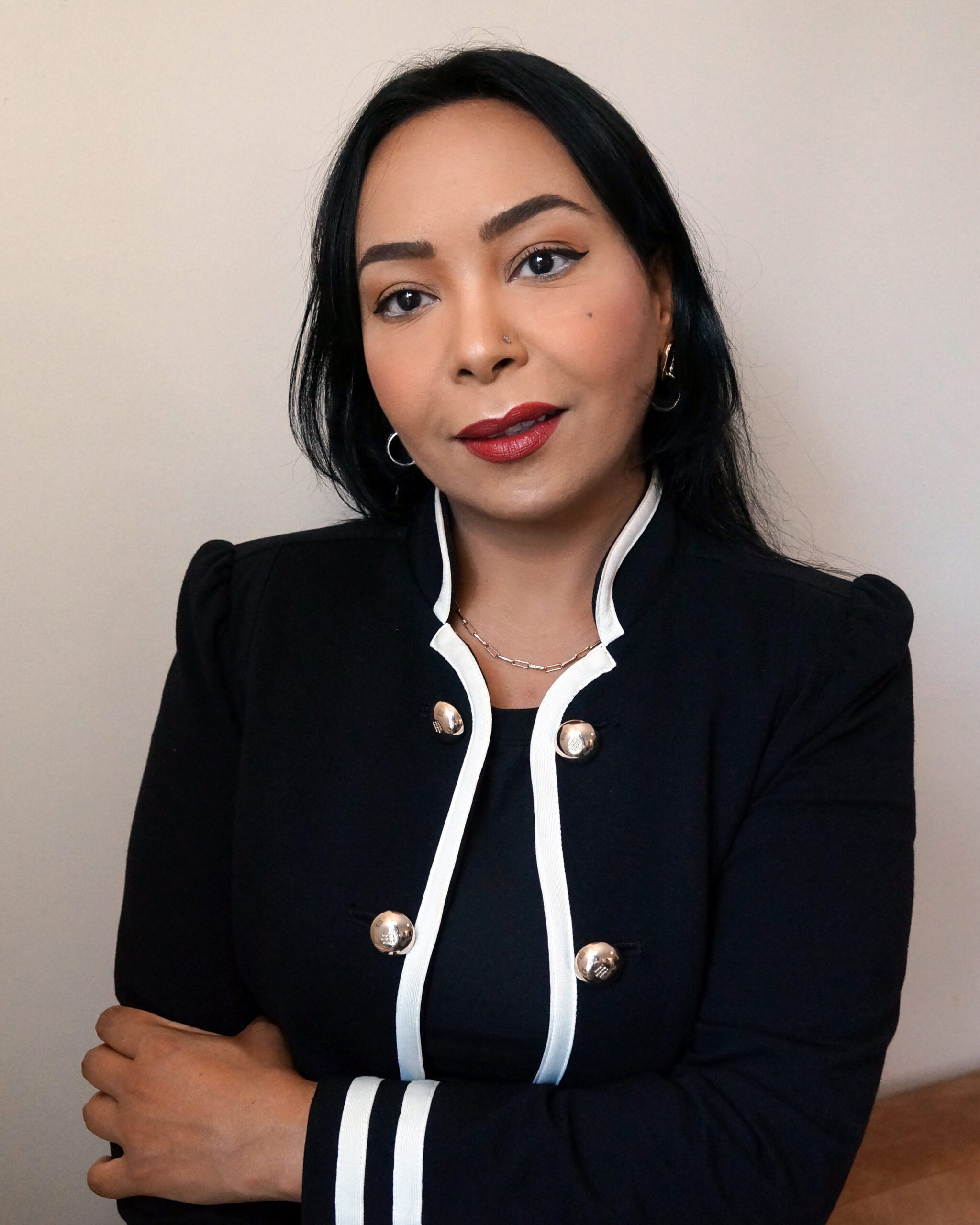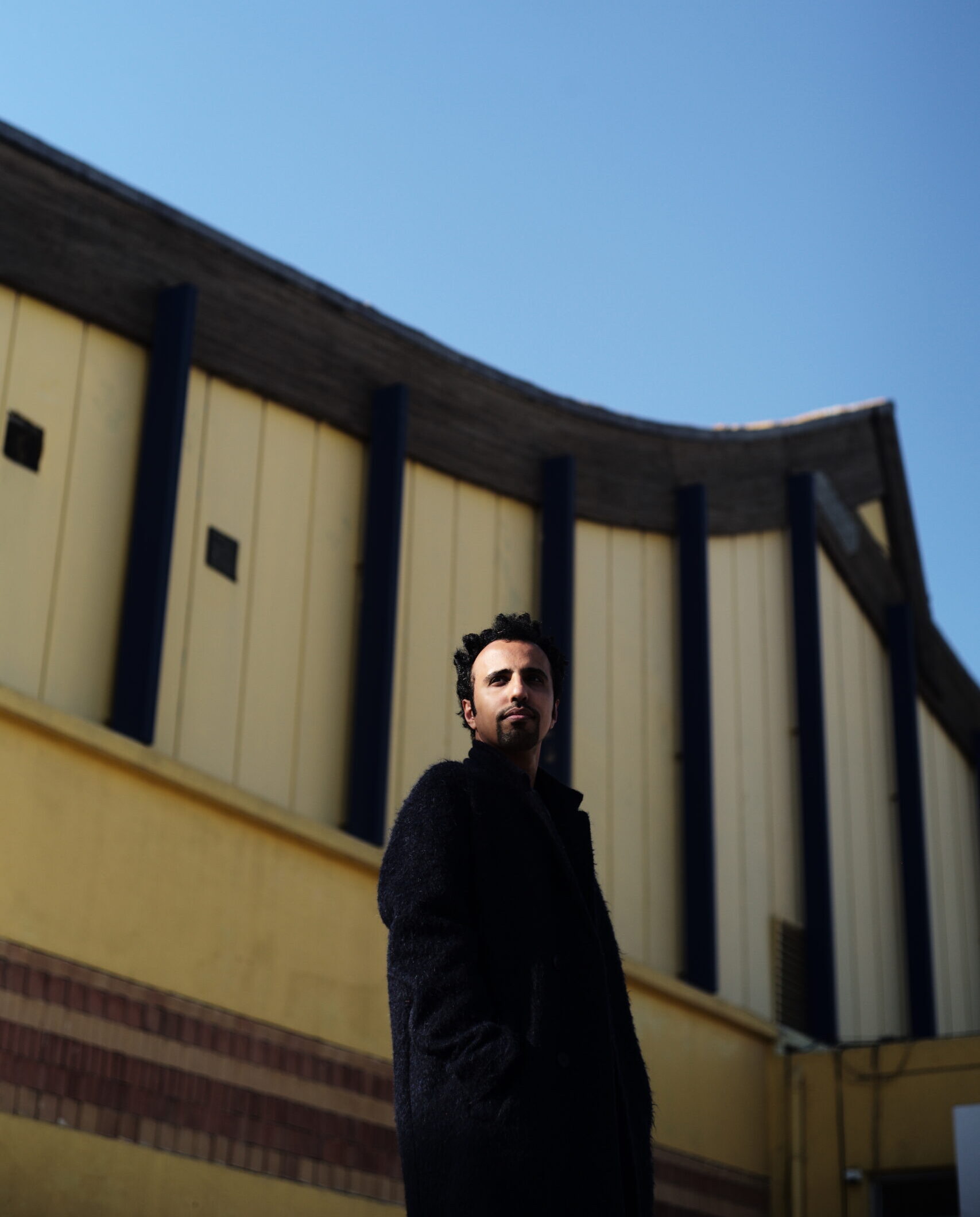Oct 2, 2017
End of Saudi Driving Ban Removes Key Roadblock for Women
A key feature of Saudi exceptionalism has fallen: the ban on women driving in the kingdom. This marks the culmination of decades of social change and political activism on the part of a small but growing vanguard of Saudi women. The royal decree announcing a rollout to permit women driving by June 2018 provides the...
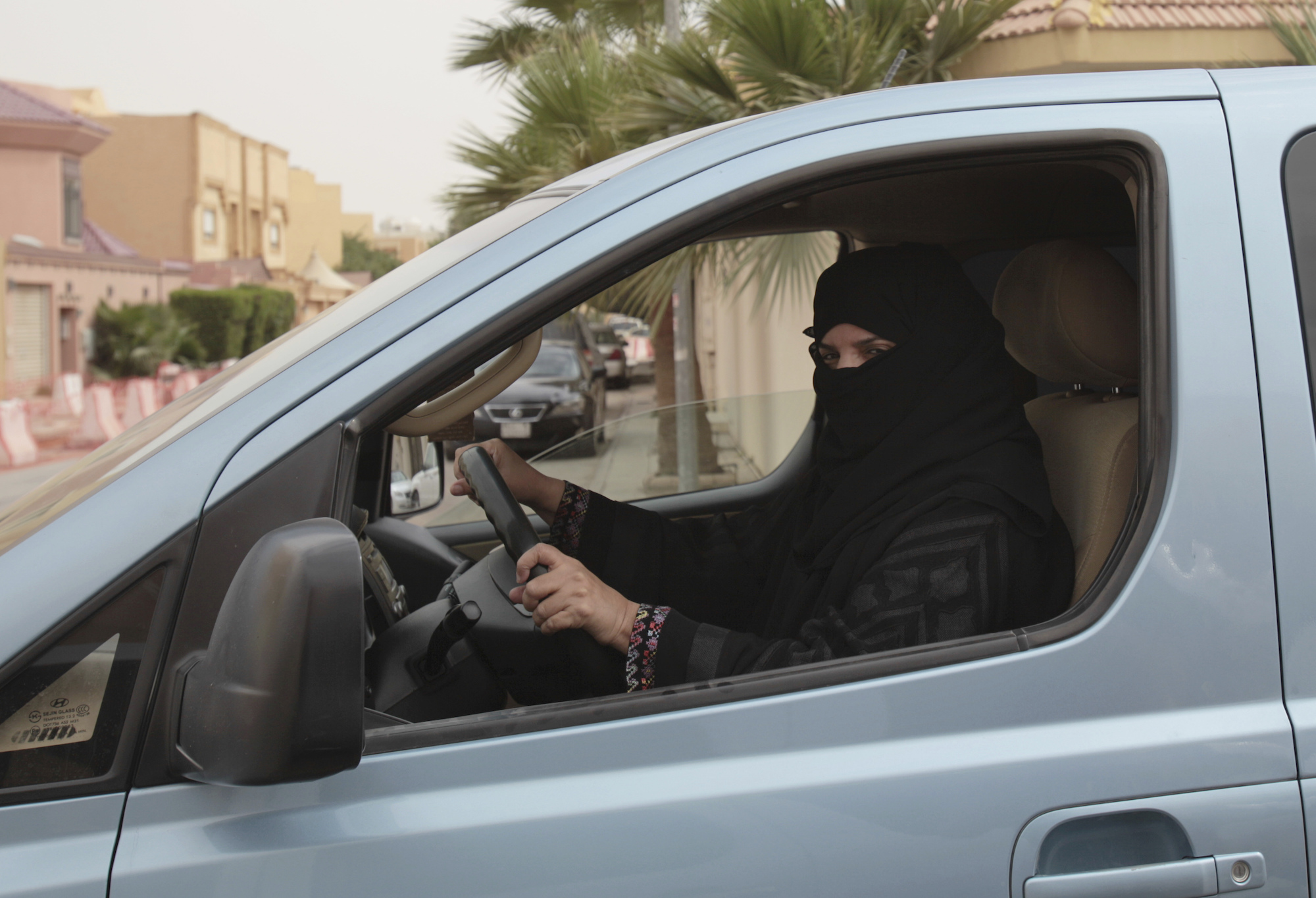
A key feature of Saudi exceptionalism has fallen: the ban on women driving in the kingdom. This marks the culmination of decades of social change and political activism on the part of a small but growing vanguard of Saudi women. The royal decree announcing a rollout to permit women driving by June 2018 provides the best indication yet that the Saudi leadership intends to seize upon this moment of generational transition in the kingdom to drive a broader transformation, securely under the authority and imprimatur of the ruling Al Saud family.
The end of the driving ban marks a significant step forward for Saudi women. While activists will continue to press against other restrictions on women’s independence – collectively embodied in their guardianship by male relatives – this advancement in mobility should expand their opportunities and presence in public life, especially when combined with other openings being pursued by the government. At the same time, the removal of the driving ban opens many possibilities for the government as well, since it had become shorthand for religious fundamentalism and oppression of women in the country. It further has served as an easy retort for those seeking to negate any advancements in women’s inclusion touted by the Saudi government. Removing the ban thus eliminates a longstanding and legitimate stain on Saudi credibility with a wide swath of the international community.
At the same time, the symbolism of the driving ban, unique to Saudi Arabia, makes its removal a potent signal of the new direction the kingdom is taking. This holds importance for other countries looking to Saudi Arabia to cooperate on countering Islamic extremism, and for foreign investors contemplating investment in the new Saudi economy.
Jumpstarting the New Economy
The new direction in the Saudi economy is driven by both economic imperative and a commitment to cultural change. Necessity is pushing Saudi Crown Prince Mohammed bin Salman, who is leading the economic reform efforts embodied in Saudi Vision 2030, to scale back the statist economy. The kingdom simply can’t afford to provide jobs for all of its growing population given the realities of today’s oil market. Meanwhile, a mix of politics, generational change, and seemingly personal preference is informing the Saudi leadership’s decision to open up the kingdom’s notoriously restrictive public life, and women’s advancement is integral to the success of both economic diversification and cultural liberalization initiatives.
Gender segregation is costly. Saudi media estimated the expense of importing foreign drivers alone was more than $3.7 billion in 2016. The lack of mobility unquestionably prevents women from fully joining in the economic life of the kingdom. As Saudi Arabia’s reliance on oil becomes untenable, the kingdom will need a more productive workforce that includes women; currently, women’s unemployment rate is five times that of men. Saudi Arabia’s Vision 2030 plan seeks an increase of women’s participation in the workforce from 22 to 30 percent over the next 15 years.
The economic significance of lifting the ban goes beyond the direct costs of drivers to the broader sociocultural changes in the economy. To generate jobs under Vision 2030, the kingdom is seeking to develop the entertainment and tourism sectors. These arenas require more openness, and a loosening of the rigid separation of men and women. The carnivalesque food trucks, DJs, and public dancing recently organized in city centers to celebrate Saudi National Day is indicative of the change being pursued.
Of course, both economic liberalization and the successful integration of women into the Saudi workforce will depend on execution. This will be a formidable administrative task for a bureaucracy that is notoriously slow moving and now under multiple different mandates for change.
Driving toward a New National Pact
To keep on top of this moment of profound generational and sociocultural change, the Saudi leadership is forging a new national pact that will ask more of Saudis in terms of the economy and grant more in social freedoms. But the ruling Al Saud family wants to maintain total control of this process. Some of the women activists that pushed for this change were reportedly warned not to comment on the historic decision, which was presented under the authority of the king and celebrated as his gift through social media hashtags such as “the King is the champion of women’s driving.”
The political transition from a reliance on a religious mandate to a more national posture is a tricky one. The relative empowerment of women as represented in the elimination of the driving ban is one of the central tenets – and tools – of this transformation. The decision to open the social sphere up to women – in employment, entertainment, and driving – will be appreciated by some, especially among the younger, urban population, but it is already unpopular with many in Saudi Arabia’s conservative society. In the wake of the decree, several Saudi men who pledged on social media to resist by assaulting women drivers were arrested. The government also drafted a new law criminalizing sexual harassment to deter expected resistance to more women on roadways and in workplaces.
The royal decree referred to the support of a majority of the members of the Council of Senior Scholars for the decision – not unanimous. The council later issued its own statement, commending the decree and the king’s efforts on behalf of “the interests of his country and its people in light of the Islamic Sharia.” Criticism that the council had changed its position due to previous statements by its chairman, the grand mufti, warning that allowing women to drive would “open doors of evil,” received pushback from the council, which denied that it had ever issued fatwas prohibiting women from driving.
The timing of the announcement was significant in two ways. First, it was important that this controversial move take place before any leadership transition, thus giving the decision the authority of the generation of the founder Abdulaziz ibn Saud’s sons. Second, the announcement followed a campaign of arrests against influential critical voices, most of whom were religious clerics and intellectuals. This set a tone that open dissent would not be tolerated. While the government has not formally sentenced any of those arrested, it did put out a statement that an intelligence cell working for a foreign government had been broken up. This continues what has been a lengthy campaign of portraying the religious political opposition as coming from outside, and against the interests of the nation, weakening its credibility with the public.
A Historic Day – and Rocky Road Ahead
September 26, 2017 will be remembered as a historic day in Saudi Arabia, and certainly one to celebrate, especially for women and social activists who fought for this right. Yet it will take time to see how effectively the government can implement this measure – both administratively and politically. The execution of this change will tax a bureaucracy already being tested with other ambitious economic reforms. And while such liberalizing reforms may serve to wean those desiring social change from political opponents, formidable conservative resistance to such changes is likely and will be weighed carefully in deciding the pace of further social openings. One roadblock to diplomatic, economic, and social progress has been removed, but the road ahead remains a rocky one.
The views represented herein are the author's or speaker's own and do not necessarily reflect the views of AGSI, its staff, or its board of directors.


